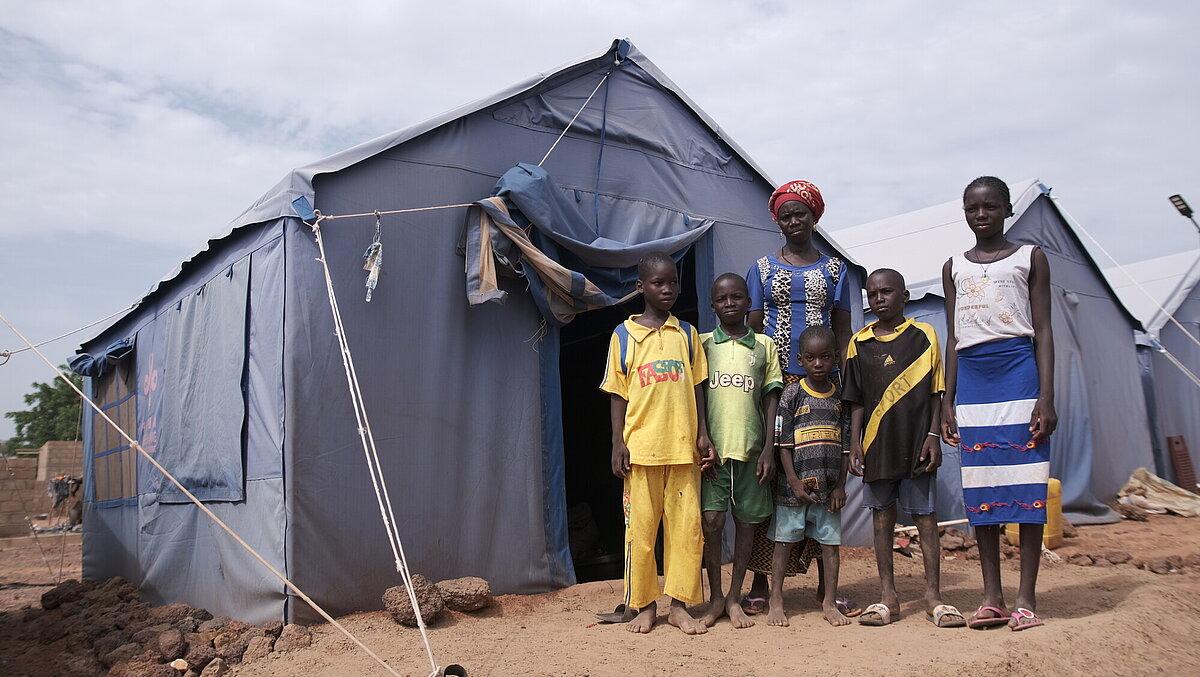Understanding the Current Situation in Burkina Faso

Introduction
Burkina Faso, a landlocked country in West Africa, has recently been the focus of international attention due to its escalating political instability and security crises. This nation, known for its diverse culture and rich history, is currently facing significant challenges, making it a pressing topic of discussion among policymakers, analysts, and the global community.
Current Political Landscape
In 2022, Burkina Faso experienced a military coup that overthrew President Roch Marc Christian Kaboré, who had faced increasing public discontent over his government’s inability to address the rising violence from militant groups linked to Al-Qaeda and ISIS. Following the coup, Lieutenant Colonel Paul-Henri Sandaogo Damiba assumed power and promised to restore security and stability. However, since then, the situation has only deteriorated, with continued attacks leading to hundreds of deaths and displacements.
Humanitarian Crisis
The security issues have resulted in a severe humanitarian crisis, affecting millions of people. According to the United Nations, more than 3 million Burkinabé are now displaced within the country, fleeing from violence and seeking refuge in safer areas. Humanitarian organizations are struggling to provide necessary aid, with funding shortages hindering operations. The increased violence has also disrupted access to essential services such as healthcare and education, significantly impacting the country’s vulnerable population.
International Response
The international community has largely condemned the coup and the subsequent human rights violations. Nations and organizations such as ECOWAS (Economic Community of West African States) have imposed sanctions on the junta and called for a return to constitutional order. Despite these efforts, the lack of a cohesive strategy to stabilize the region has left Burkina Faso in limbo, drawing comparisons with its neighbours facing similar issues.
Conclusion
The situation in Burkina Faso remains precarious, with the potential for further deterioration if decisive action is not taken. For readers, understanding the dynamics at play in Burkina Faso is crucial, as it highlights the complex interplay between security, governance, and humanitarian needs in West Africa. The outcome in Burkina Faso could have broader implications for the region, especially considering the transnational nature of the security threats posed by extremist groups. As international stakeholders engage in discussions about support and intervention, the hope remains that a more peaceful and stable Burkina Faso can emerge from the current turmoil.
